Doubt is healthy. It tests one's convictions
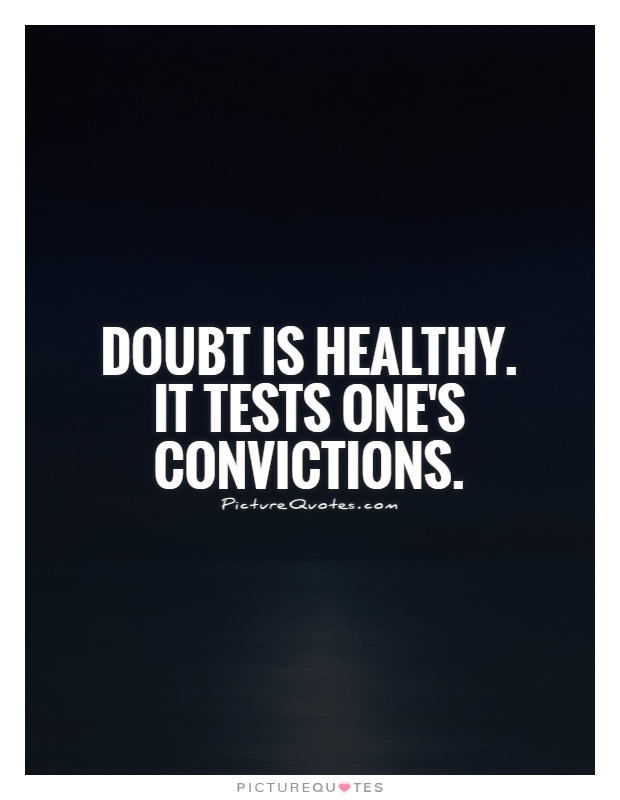
Doubt is healthy. It tests one's convictions
Doubt is a natural part of the human experience. It is the feeling of uncertainty or lack of conviction about something. While doubt is often seen as a negative emotion, it can actually be quite healthy and beneficial. Doubt serves as a mechanism for testing one's convictions and beliefs, forcing individuals to critically examine their thoughts and actions.When faced with doubt, individuals are prompted to question their beliefs and assumptions. This process of self-reflection can lead to a deeper understanding of oneself and the world around them. Doubt challenges individuals to think critically and consider alternative perspectives, ultimately leading to personal growth and development.
Furthermore, doubt can serve as a safeguard against blind faith and complacency. By questioning their beliefs, individuals are less likely to fall victim to misinformation or manipulation. Doubt encourages individuals to seek out evidence and information to support their convictions, leading to a more informed and rational decision-making process.
In the context of relationships, doubt can also be a healthy indicator of trust and communication. Doubt can prompt individuals to have open and honest conversations with their partners, addressing any concerns or uncertainties that may arise. By acknowledging and addressing doubt, individuals can strengthen their relationships and build a foundation of trust and understanding.
However, it is important to note that doubt should not be allowed to consume individuals. Excessive doubt can lead to anxiety and indecision, hindering personal growth and progress. It is important to strike a balance between healthy skepticism and unwavering conviction.


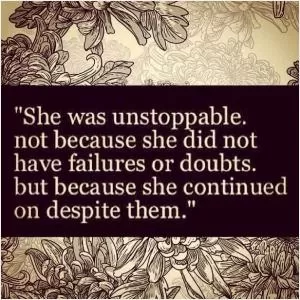

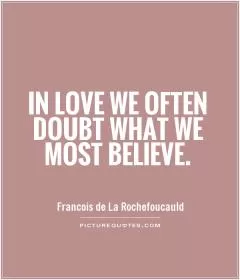


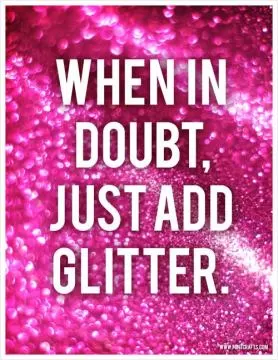

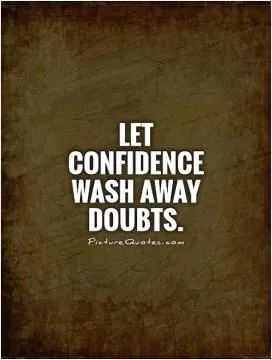
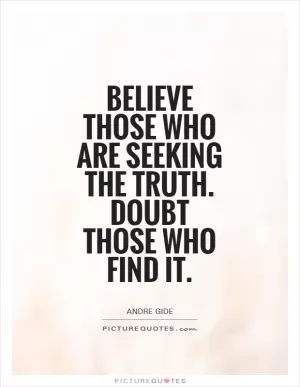

 Friendship Quotes
Friendship Quotes Love Quotes
Love Quotes Life Quotes
Life Quotes Funny Quotes
Funny Quotes Motivational Quotes
Motivational Quotes Inspirational Quotes
Inspirational Quotes